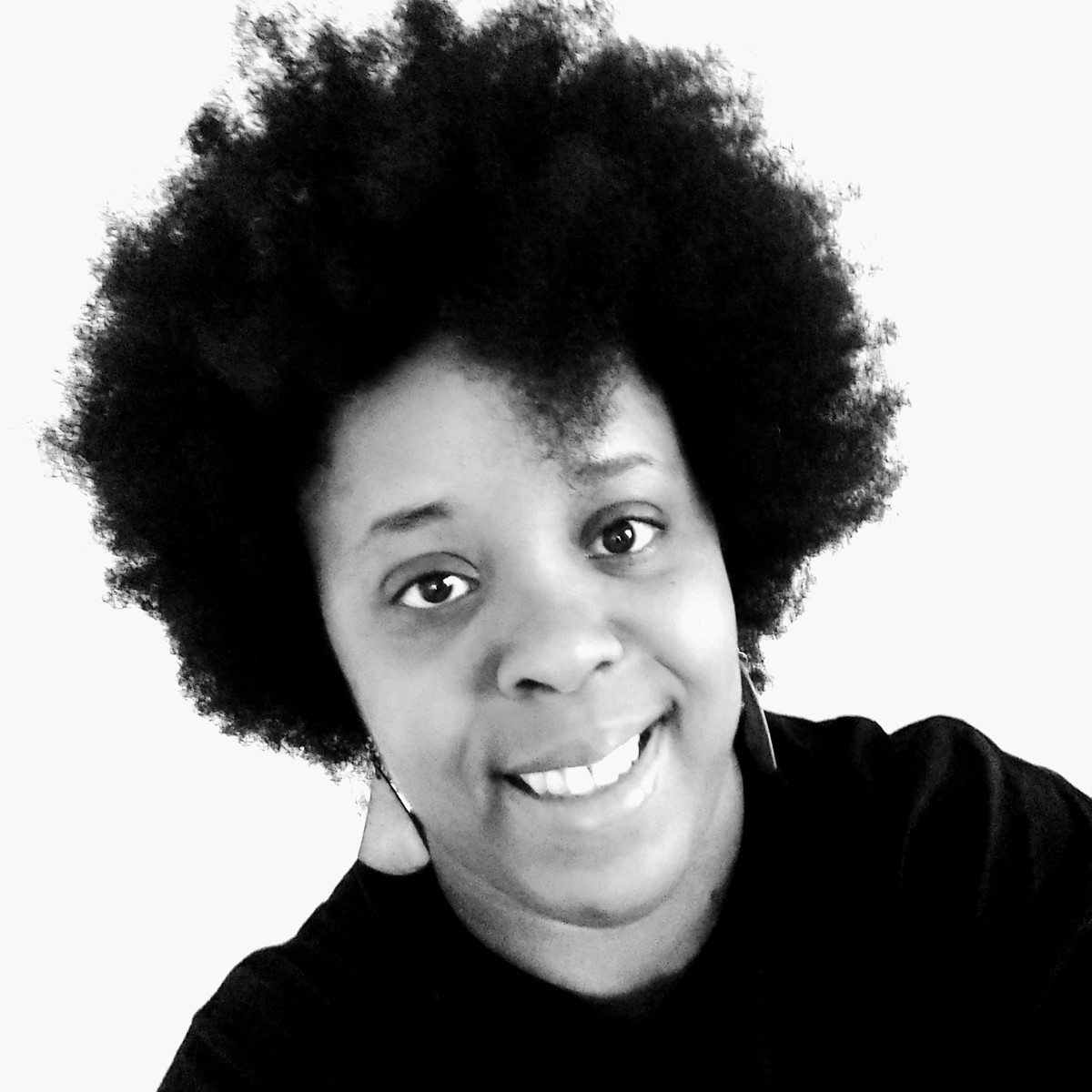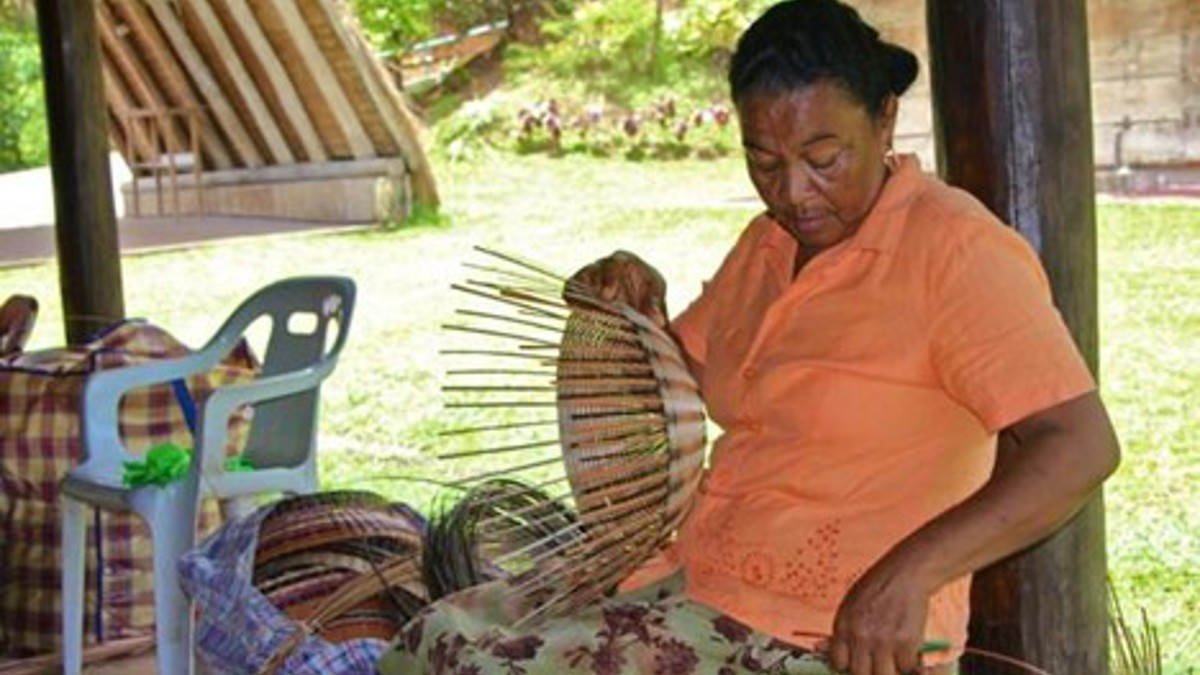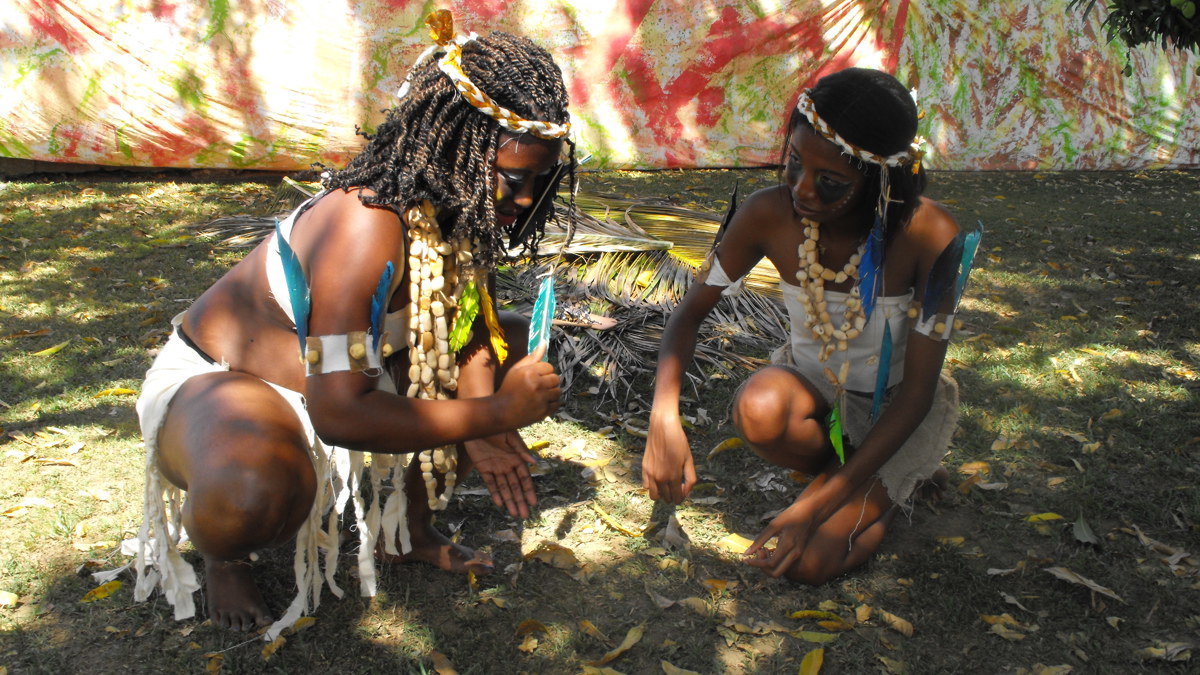

Candice York
Queen Elizabeth Commonwealth Scholarship (QECS)
This month, people across the world have been engrossed in the 26th United Nations COP26 conference, and if you are not, you should be. COP26 signals a turning point for climate change - we either act now or we sit and watch the devastating impact of climate change unfold.
For small island developing states, such as those in the Caribbean, we are already seeing signs of what is to come. Despite not being significant contributors to greenhouse gas emissions, our countries are set to be hit by some of the most significant impacts of climate change.
While the entire Caribbean region is vulnerable to climate change, indigenous populations are expected to be severely affected. As a Master’s student from Trinidad and Tobago studying remotely at Fiji National University, this is increasingly evident in my current studies on climate change adaptation strategies in the Caribbean.
Indigenous groups can be found throughout the Caribbean. From the First Peoples in Trinidad and Tobago to the Maroons in Jamaica, and the Garifuna community in St. Vincent and the Kalinagos of Dominica – Guyana alone has identified at least nine main ethnic groups.
While Guyana is not an island, the fact remains that like the other indigenous groups in the Caribbean, its indigenous people are reliant on the natural environment for the continuation of their lives and livelihoods. However, the environments these groups are living in are changing with warmer climates and increasingly unpredictable rainfall patterns, and there’s a lack of research and data on how this has impacted their lives and livelihoods.
There is also very little data on the location of these communities throughout the Caribbean which begs the need for improved mapping to better represent their location and increase their visibility.
I’m currently working on a project to map these groups – the challenge is in determining the ways in which these groups may be impacted while at the same time developing practices and strategies to mitigate the negative impact of climate change on their survival and ways of life.
A major challenge in developing solutions for indigenous communities in the Caribbean is the fact that these communities often face socioeconomic disadvantages. They are also often left out of policy conversations and decision making even though ultimately these very policies and decisions have serious implications for their way of life.
Nonetheless, all hope is not lost. Like COP26, we are faced with a now or never situation. Yes, indigenous groups are known for being resilient but when the stakes are this high and vulnerability exceeds resilience, something has to be done.


Firstly, we need to start with data collection. Research is needed to provide insights into some of the current practices for developing climate change adaptation strategies on a wider scale throughout the region. While in an academic sense one may call for assessments of adaptive capacities and the development of indigenous knowledge integration frameworks, it simply boils down to finding ways to include the indigenous community in the discussions surrounding climate change.
In the meantime, one specific example that shows the need for short- and long-term thinking is around water. The use of simple technologies like rainwater harvesting systems may become critical in addressing short term needs while vulnerable communities build resilience in the long-term. Rainwater harvesting involves the collection of rainwater using set-ups that can range from simple rain barrels to more elaborate structures with pumps, tanks, and purification systems.
While these systems provide the opportunity for communities to adapt to changing patterns by storing water for dryer periods, the challenge is that with increasingly intense rainfall in the Caribbean, these systems tend to overflow during heavy rainfall periods with little opportunities for rainwater collection during dry spells.
At the domestic level where storage may be limited by both cost and space, while rainwater harvesting may be a start, there is the need for the development of more effective adaptation and mitigation strategies.
I feel proud to be a scholar in this increasingly important field. I feel energised and hopeful that in the future, we’ll see more research and the inclusion of indigenous people in climate change mitigation policies.
Queen Elizabeth Commonwealth Scholarships (QECS) is a unique opportunity to study a two-year Master’s degree in a low or middle-income Commonwealth country.
Aimed at students who are committed to creating change in their communities, the scholarships are a life-changing opportunity to experience a new country and culture, to broaden horizons, and to build a global network that will last a lifetime.

